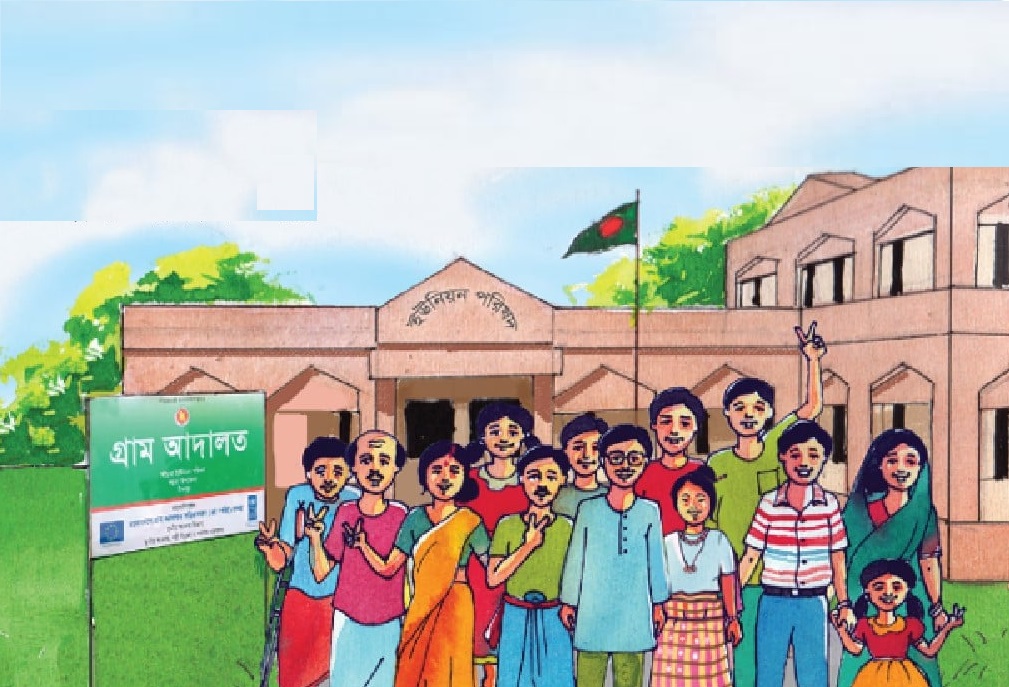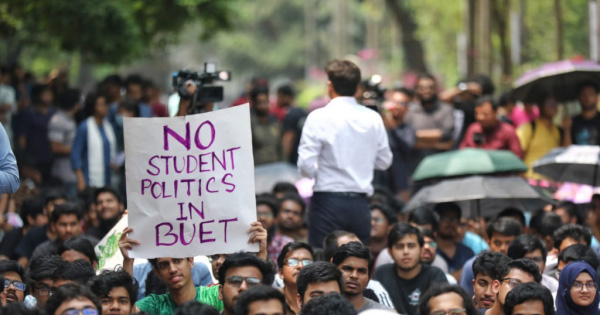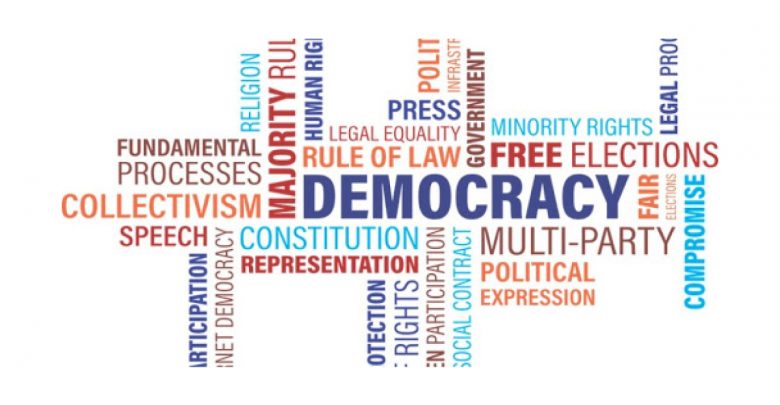Disclaimer: This post contains a controversial perspective. Please keep an open mind.
On the eve of National Mourning Day, I encourage you to take a moment to reflect on our history with a fresh perspective. The video below presents an alternative viewpoint that challenges the commonly accepted narrative.
Between 1972 and 1975, Sheikh Mujibur Rahman, often hailed as the Father of the Nation, ruled Bangladesh. However, during this period, thousands of freedom fighters who had fought valiantly for our independence were tragically slain. Mujib, who is often portrayed as a hero, established an authoritarian regime under the guise of Bakshal, a move that crushed democracy and deviated from the true spirit of the Liberation War.
Mujib’s crackdown on dissent, particularly against Prime Minister Tajuddin Ahmed, who had been instrumental in leading the liberation struggle, is a stark reminder of the darker side of his legacy. Tajuddin was forced to resign and placed under house arrest for his opposition to Bakshal, revealing the extent of Mujib’s consolidation of power.
The notorious Rakkhi Bahini, a paramilitary force loyal to Mujib, terrorized the nation, leaving the people defenseless. It was the freedom fighters within the army who ultimately stepped in to protect the country.
The events of August 15, 1975, are often portrayed as a tragic and isolated incident. However, when viewed in context, they represent a response to the atrocities committed under Mujib’s regime. The massacre of liberation fighters by the Rakkhi Bahini, under Mujib’s orders, surpassed even the horrors of the Pakistani invasion. How can we grieve a leader without acknowledging the lives lost under his rule?
Those who seek to rewrite history and deny these truths may attempt to glorify Mujib’s legacy, but in today’s age of fact-checking, the truth is more accessible than ever. It’s time to question the historical narrative that has been perpetuated for so long. The Awami League, which has long shielded itself with the legacy of Mujib, may find that its foundation is more fragile than it appears.
I urge you to explore these facts for yourself and approach our history with an objective mind.
Watch the video provided for context: https://www.youtube.com/watch?v=L3A7_ELcaE4







